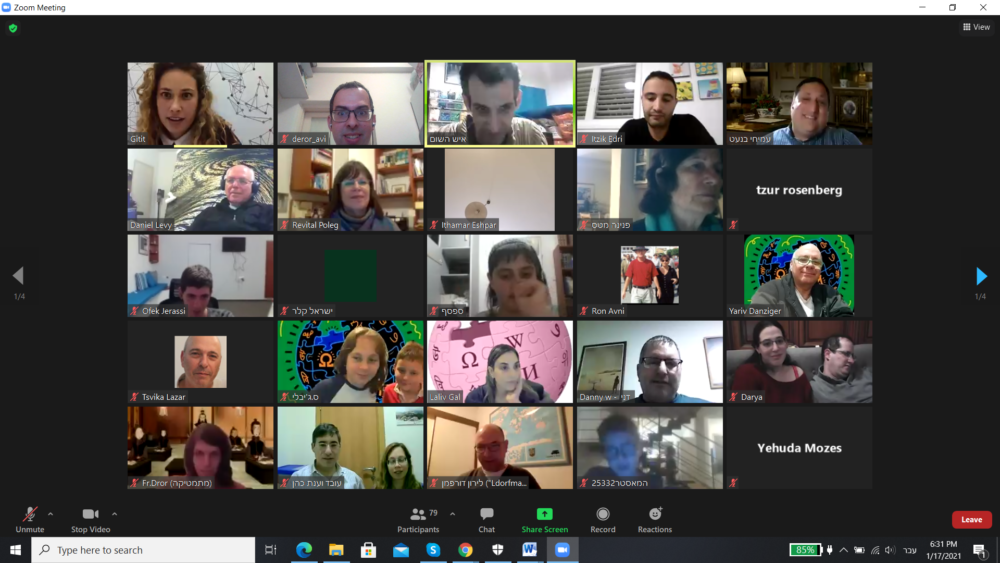From social distancing guidelines to stay-at-home orders to government-mandated shutdowns, the way people partake in society has changed dramatically during the COVID-19 pandemic. To stay afloat, businesses have adapted responses to these changes and have greatly benefitted themselves and society.
During pandemics, it is expected that people will hold onto their assets rather than spend, and this situation has been no different for COVID-19. With stay-at-home mandates and business closures, the economy saw a deserted market void of eager shoppers. The tourism industry shattered and saw major losses on income, and it is likely that some of these areas will never recover to the same level they were before the pandemic. According to the Journal of Business Research, the majority of 2020 saw 80 percent of hotel rooms empty, and airlines had to lay off 90 percent of their employees to compensate for such losses. Closer to home, businesses concerned with nonessential services were forced to close or go to an online format. According to an article by the Century Foundation’s Journal of Economy & Jobs, one in four American workers had to resort to unemployment checks to maintain income. Even the large conglomerates like J. Crew, JCPenny, and Sears were placed under suffocating financial pressure due to closures and lack of demand. On a larger scale, countries that were supported by larger economies for trading goods may also slip back into poverty-stricken states due to decreases in trade with outside countries and customer demand for goods.
To compensate for the decrease in demand and shutdowns, businesses and organizations had to shift their models.
To compensate for the decrease in demand and shutdowns, businesses and organizations had to shift their models. Most commonly switching to an online format, this was the basis of online learning for educational institutions around the world. The endeavor often involved the implementation of Zoom Video Communications, which saw a 600 percent increase in stock shares and a 355 percent increase in revenue from just July to September of 2020. Without online video, Zoom could be seen as the critical tool in maintaining a normal life. Outside of going digital, companies switched to “grab-and-go”-based models of operating. Although rising in popularity before, online ordering increased dramatically with the demand for social distancing, and most restaurants limited their services to takeout only. Delivery services saw large gains, including DoorDash tripling its revenue in the first quarter of 2021 compared to the same time in 2020. Therapy, which became even more vital with increased isolation, went online and helped maintain people’s mental health. For example, Olivia, a Spanish startup, switched to an online format to provide its personalized healthcare and therapy to its customers.
Outside of changing their delivery methods, many companies altered their technology to make health products to help society. Dyson innovated their own ventilator to compensate for the shortages in hospitals. The U.K. government ordered 10,000 of these ventilators, and the company pledged to donate 5,000 to international organizations. Absolut Vodka, Tito’s Vodka, and Jameson Whiskey used their distilleries to make hand sanitizer. Brooks Brothers and Hanes had some factories stop producing clothing in favor of gowns and masks, and Canada Goose started producing scrubs and gowns for hospitals in Canada. Even Louis Vuitton used its perfume lines to make (some very fancy) hand sanitizer for French health officials
In science, essentially any research lab that could study SARS-CoV-2 switched its focus to understanding the virus. According to virologist Julie Pfeiffer and virologist-physician Terence Dermody, there were 1,400 results in an online archive for a search of “SARS-CoV-2” and the surface protein “ACE2.” They found considerable overlap between the research topics, such as how hundreds of papers delved into the inhibition of viral entry into cells. They also point to concerns of not exposing new researchers to other research areas, as the emphasis on COVID-19 caused labs to lose focus of their original projects. Although the combined effort helped quicken the creation of vaccines, there are drawbacks, and our progress in other areas of science has diminished. Future efforts may create formats for labs to more easily work together to obtain effective data and limit repetition amongst groups.
Almost two years old, the COVID-19 pandemic has had unmistakable effects on the way society operates. These effects have led to broad changes in the way businesses and consumers operate, and it is likely that some of these changes are here to last for years to come.
Journal of Business Research (2020). DOI: 10.1016/j.jbusres.2020.06.008




